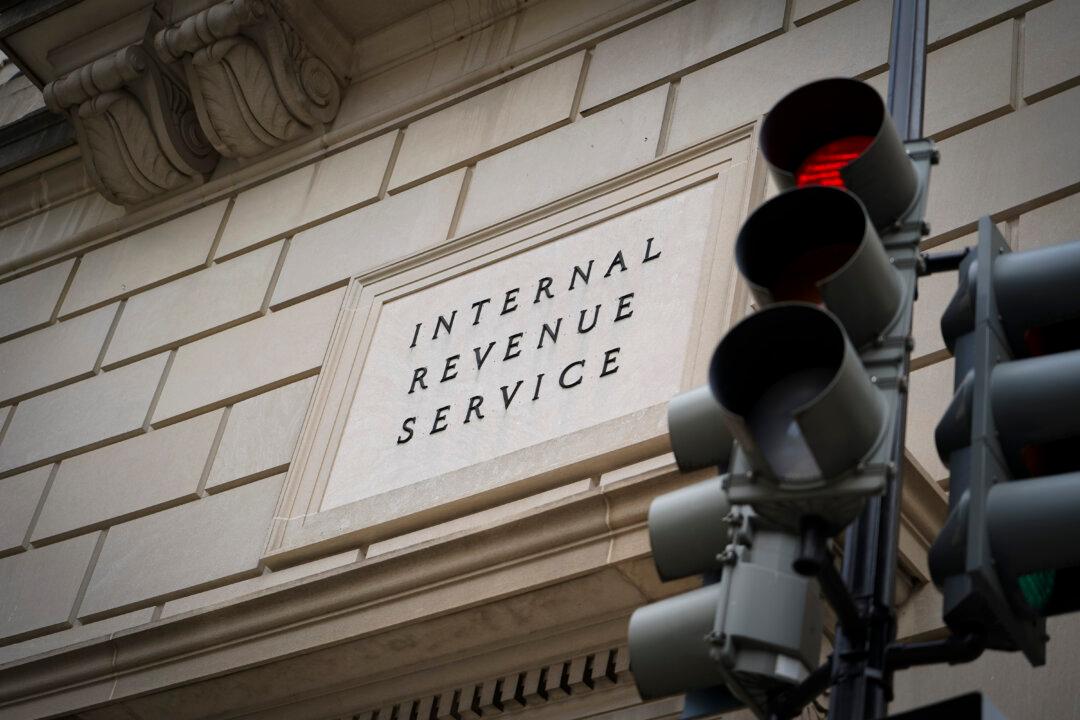The Internal Revenue Service (IRS) said Tuesday that it is providing failure-to-pay penalty relief for roughly 4.7 million taxpayers who didn’t receive automated collection reminder notices from the tax agency.
The IRS said in a Dec. 19 announcement that the $1 billion or so in total penalty relief will be granted to certain individual taxpayers, businesses, and tax-exempt organizations, for the taxable years 2020 and 2021.





